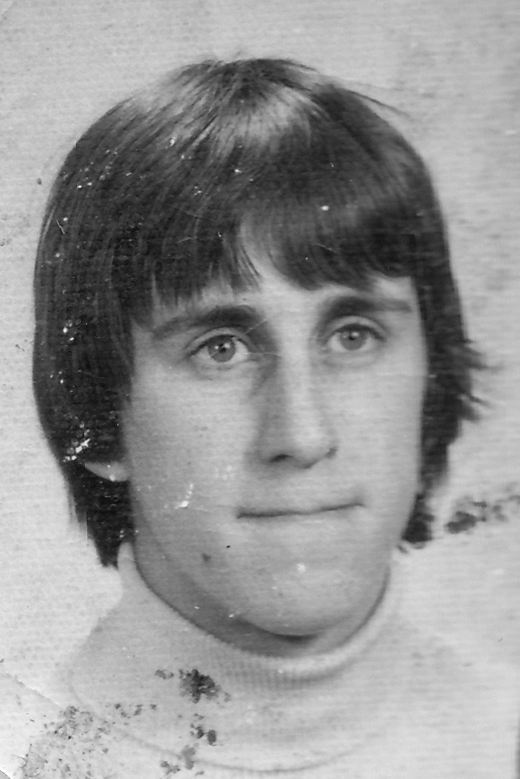Children with slingshots fought against tanks and stuck slogans against the occupation around Liberec

Download image
Vítězslav Sochůrek was born on 28 January 1960 in Liberec. He had a brother almost four years older. His father worked as a foreman at the CSAO Liberec, his mother as a hairdresser in the centre of Liberec. Vítězslav Sochůrek grew up in a group of boys in Šlikova Street, the surrounding neighbourhood resembling Foglar’s Stínadla in the 1960s. Vítězslav Sochůrek describes himself and his friends as mischievous. When Warsaw Pact troops invaded Czechoslovakia on 21 August 1968, they fired at tanks with slingshots. They put up anti-occupation posters around town. During the occupation, Vítězslav Sochůrek witnessed a crash of a Soviet tank and truck, after which the locals wanted to lynch the driver. He was rescued by a former soldier from the Eastern Front of World War II, a Liberec man who spoke excellent Russian. Vítězslav Sochůrek also saw a Soviet tank driving along Zdeněk Nejedlý Avenue (now Milady Horákové street), covered with bricks and construction debris. After elementary school, he trained as a model maker for the LIAZ automobile company and before the war he joined its factory in Liberec. He enlisted in the army in 1979. He served as a V3S driver in the rear security company of the tank regiment in Týn nad Vltavou. In December 1980, he was delivering regulovciks around South Bohemia, which were responsible for the movement of armoured vehicles to the Polish border at crossroads. The Czechoslovak People’s Army went there to intervene against the Solidarity trade union movement led by Lech Wałęsa. After a few days, however, it withdrew again to the barracks. A tank damaged after falling down a cliff into a stream, killing four soldiers, was brought to the barracks in Týn nad Vltavou. During the first year, as a so-called beak, the witness became the target of bullying by the second-year soldiers, the so-called greasers. The bullying was all around him, the officers knew about it but did nothing about it. In the tank regiment, fuel and equipment parts were stolen. Vítězslav Sochůrek retired in 1981 and returned to the LIAZ model factory. In 1986 he built a terraced cooperative house and then got married. He and his wife Stanislava raised their children Roman and Jana, born in 1987 and 1989. In 2024 Vítězslav Sochůrek lived with his wife in Liberec.





